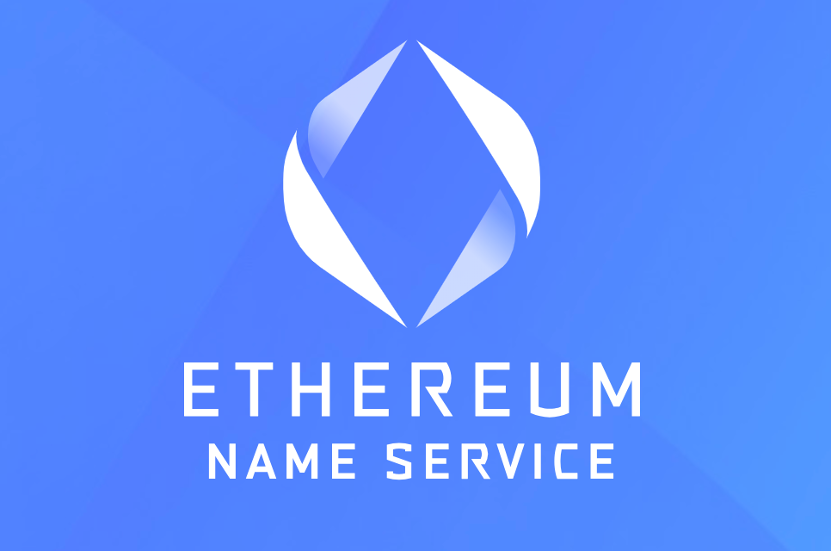What is the ENS (Ethereum Name Service)
As Internet connections become more widely available, domain names have evolved into a major service for all Internet users. For example, when visiting the CoinEx Wallet website, one only needs to enter www.wallet.coinex.com. In fact, when such a simple, memorable URL is entered in the address bar, the browser will first need to translate it into a long computer-readable IP address like 104.18.232.221.
As such, when we are browsing through websites every day, the Domain Name System (DNS) plays a key role. It translates the human-readable domain names into machine-readable IP addresses and sends them to the server, allowing a browser to find and display the corresponding webpage. The invention of domain names has turned complex IP addresses into easy-to-remember URLs, simplifying the process of webpage access.
Crypto wallets suffer the same problem — The wallet address is also a very complex string. For instance, a typical Ethereum address is a long string of random characters starting with 0x, which may look like this:
0xd8da6bf26964af9d7eed9e03e53415d37aa96045
For most users, such a long address is extremely difficult to remember. Therefore, they have to copy and paste the address whenever it is needed. To solve this problem, blockchain networks have also introduced domain name services such as the Ethereum Name Service (ENS), which is the most typical blockchain domain name service.
ENS is a distributed, open, and extensible naming system based on the Ethereum blockchain. Its job is to translate human-readable names like example.eth into machine-readable identifiers. ENS also supports reverse resolution, turning machine-readable languages into human-readable names. For example, a complex ETH address can be translated into example.eth through reverse resolution.

Using ENS, users can associate any registered domain name with an Ethereum address, so that they can receive cryptos, tokens, and NFTs via a simple domain name such as example.eth, without copying or typing the lengthy hexadecimal addresses.
On app.ens.domains, users can check whether the target domain name has been registered and have it registered for an average cost of less than 0.002 ETH per year if it is not already taken.

Right now, ENS is mainly used for transferring cryptos because it can be associated with recipient addresses. In other words, we can bind a recipient address to a specific domain name, through which other users can transfer cryptos to us.
For instance, Ethereum’s founder Vitalik Buterin turned his address into vitalik.eth, which is a more memorable domain name. When transferring cryptos to Vitalik, users only need to enter vitalik.eth, instead of the complex address (0xd8da6bf26964af9d7eed9e03e53415d37aa96045), so as to avoid transferring cryptos to the wrong address.

Transfer to Vitalik with CoinEx Wallet
Apart from the apparent convenience in transfer, having an ENS domain name creates a Web3.0 identity. Specifically, ENS holders can bind information on platforms such as Email, Discord, GitHub, Reddit, Twitter, and Telegram to their domain name, turning it into an on-chain business card that integrates one’s personal information on different platforms.

The appearance of domain name systems like ENS makes it easier to remember a wallet address and reduces losses arising from entering the wrong address. Meanwhile, they have also opened up more possibilities for the field of DID (decentralized identity) in Web3.0. ENS is now the most widely integrated blockchain naming standard, with 327,000 owners registering 760,000 domain names.

CoinEx Wallet now supports ENS, and users can make crypto transfers via a domain name in the APP at any moment. After they enter the ENS domain name provided by a recipient, CoinEx Wallet will automatically parse it to identify the corresponding Ethereum address. Why not join CoinEx Wallet now and enjoy the convenient transfers?








